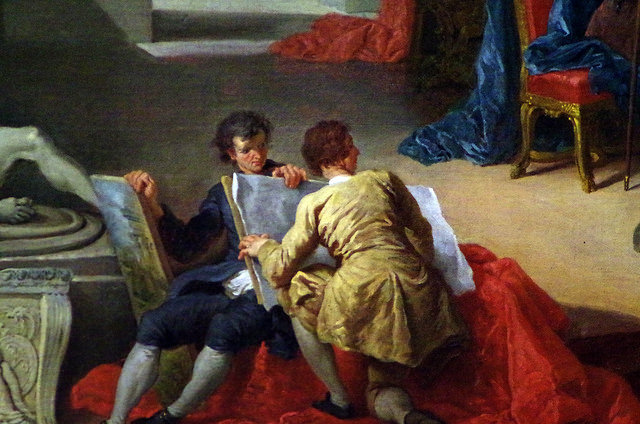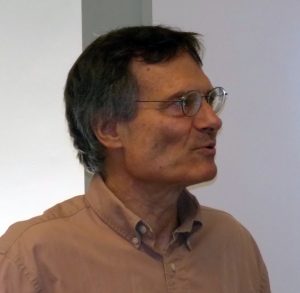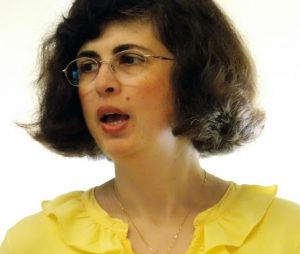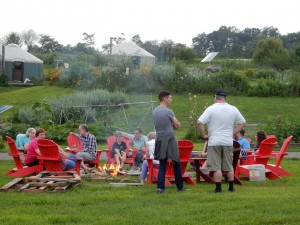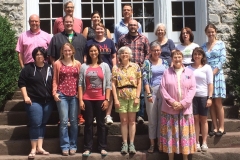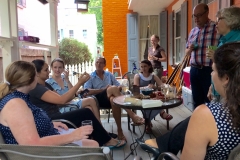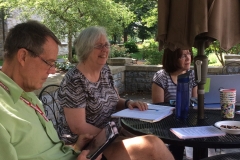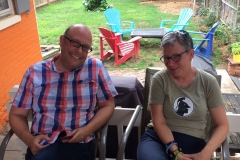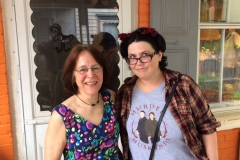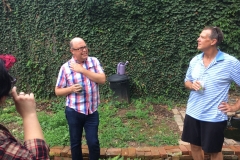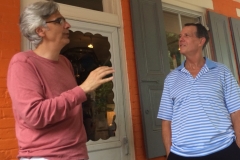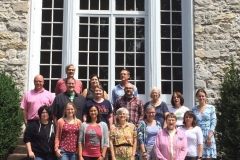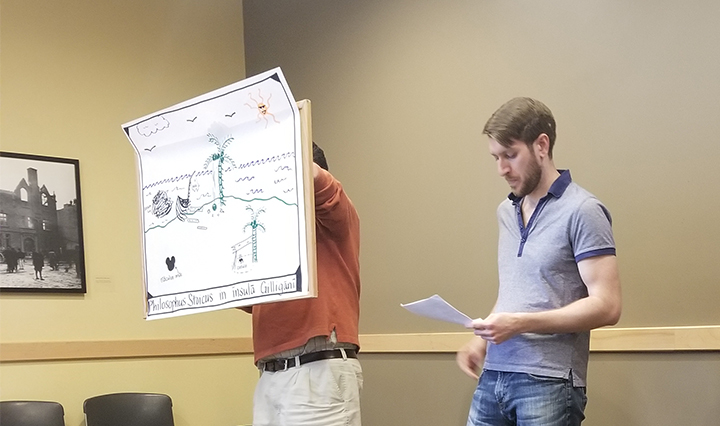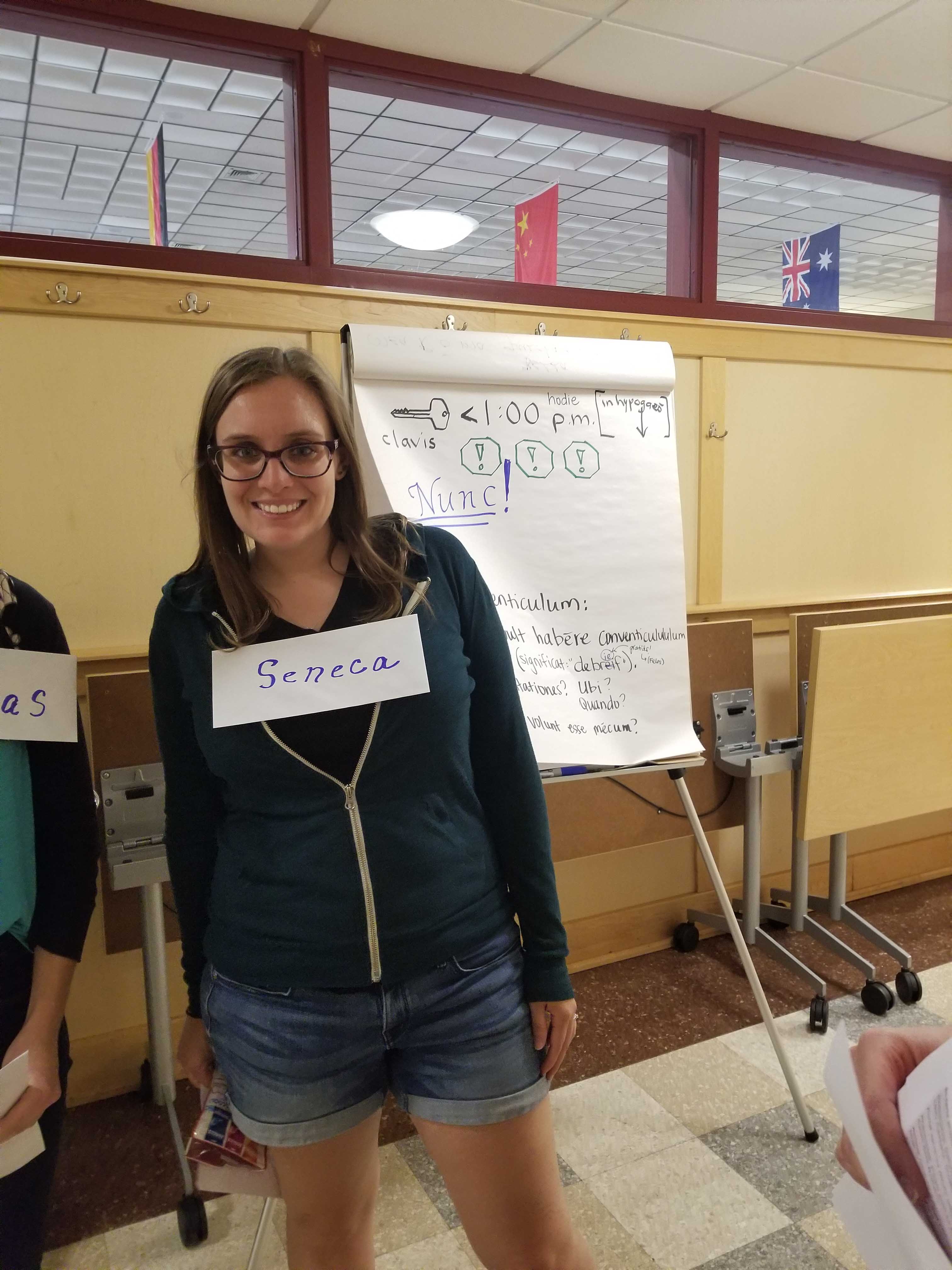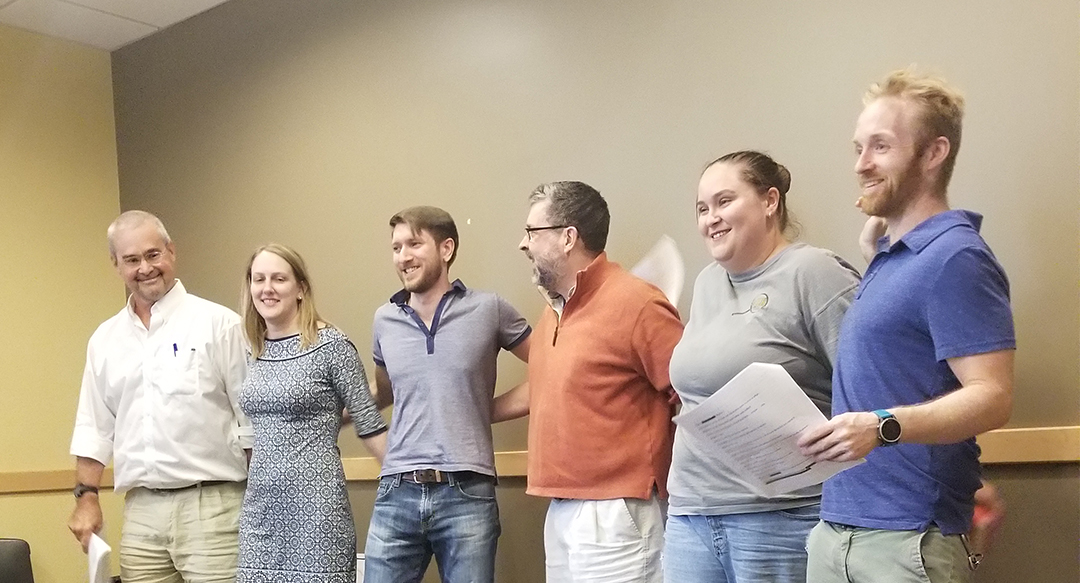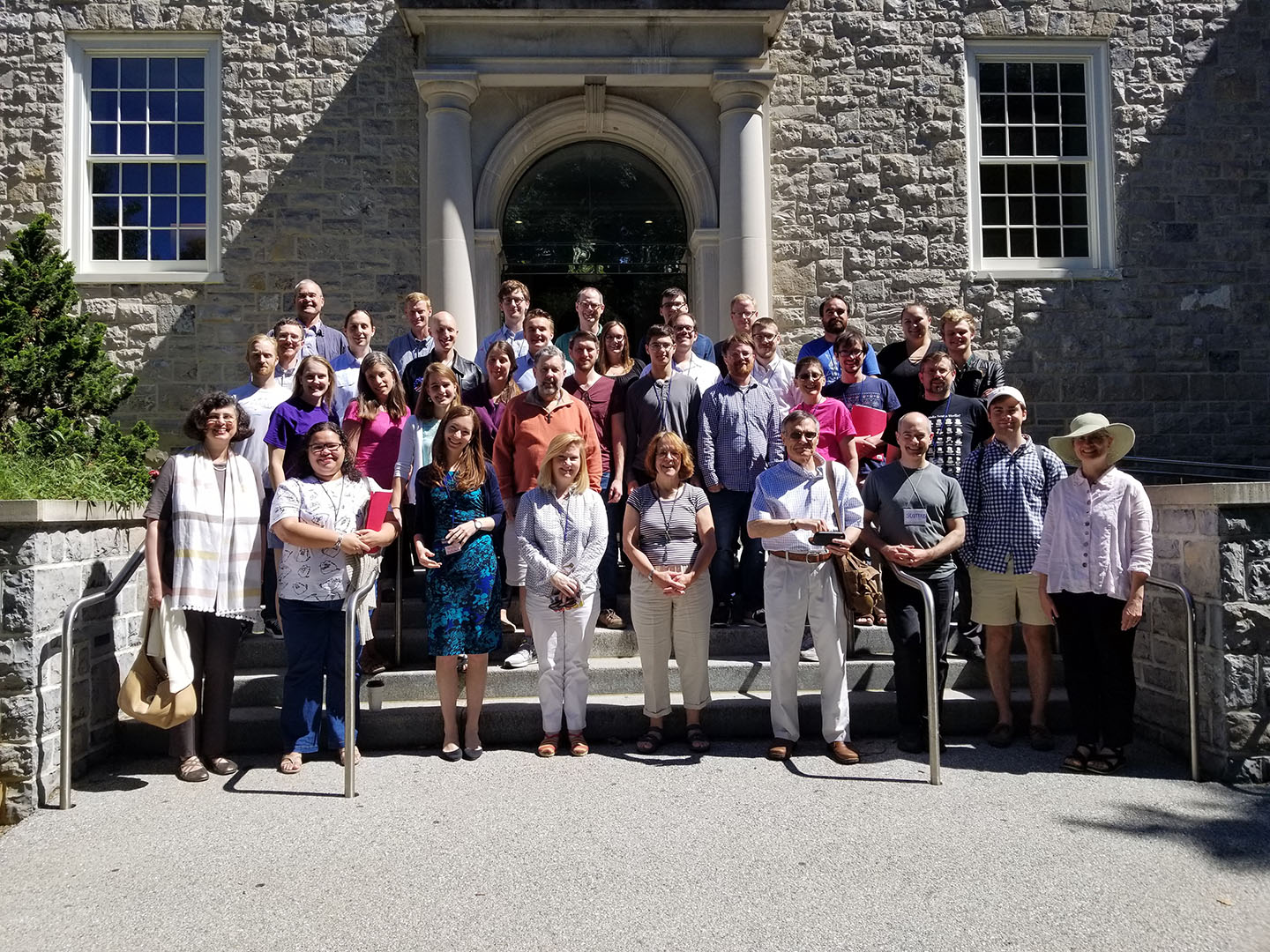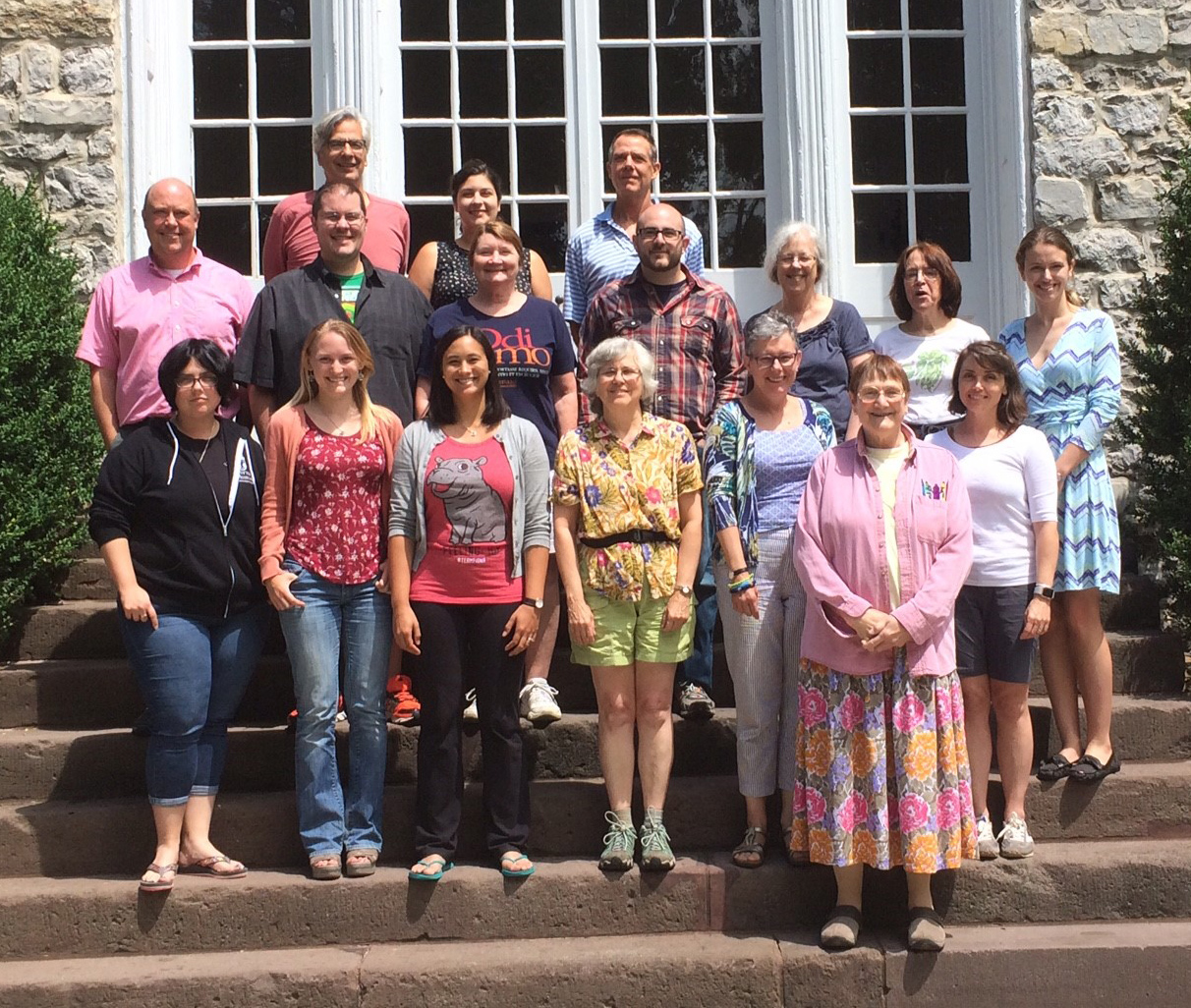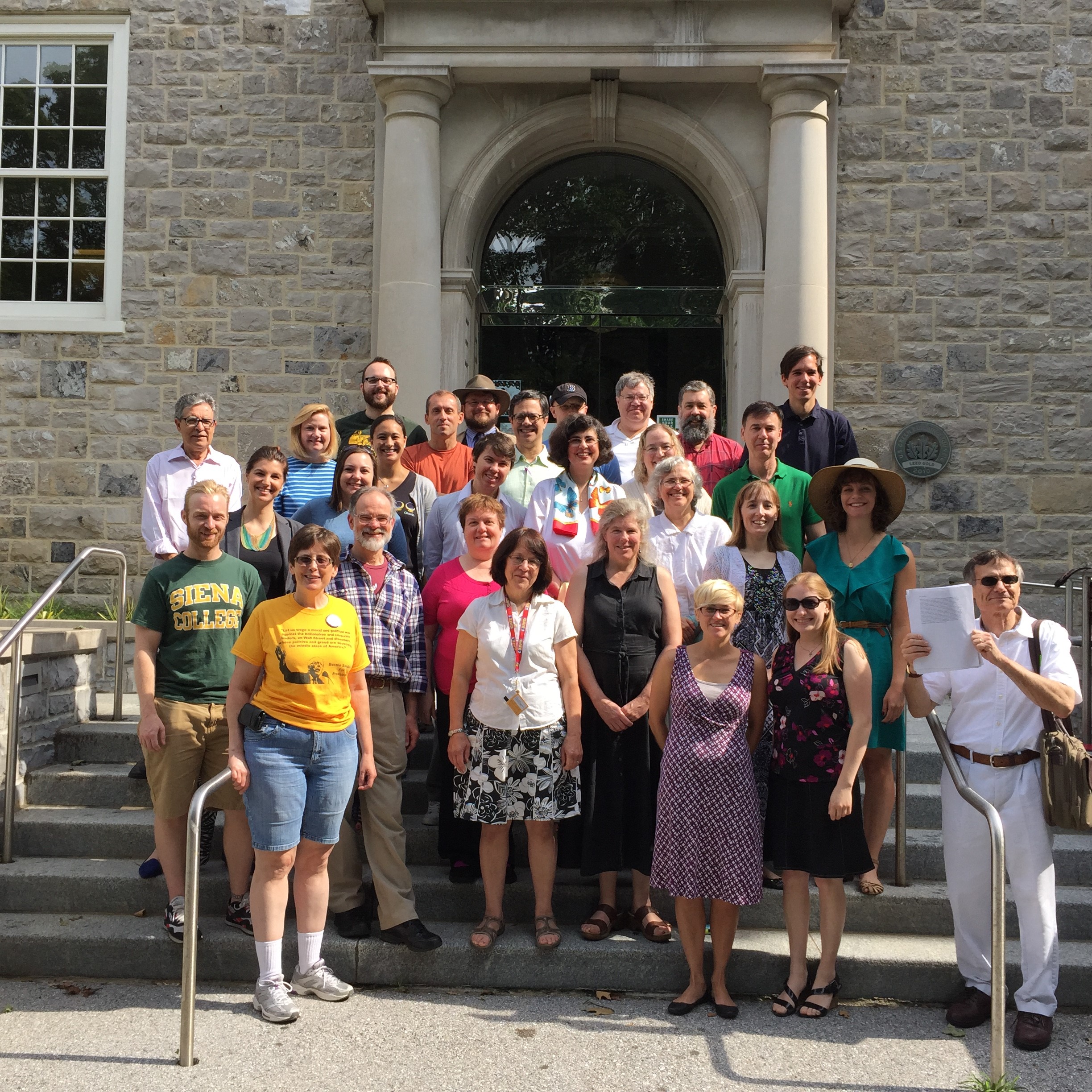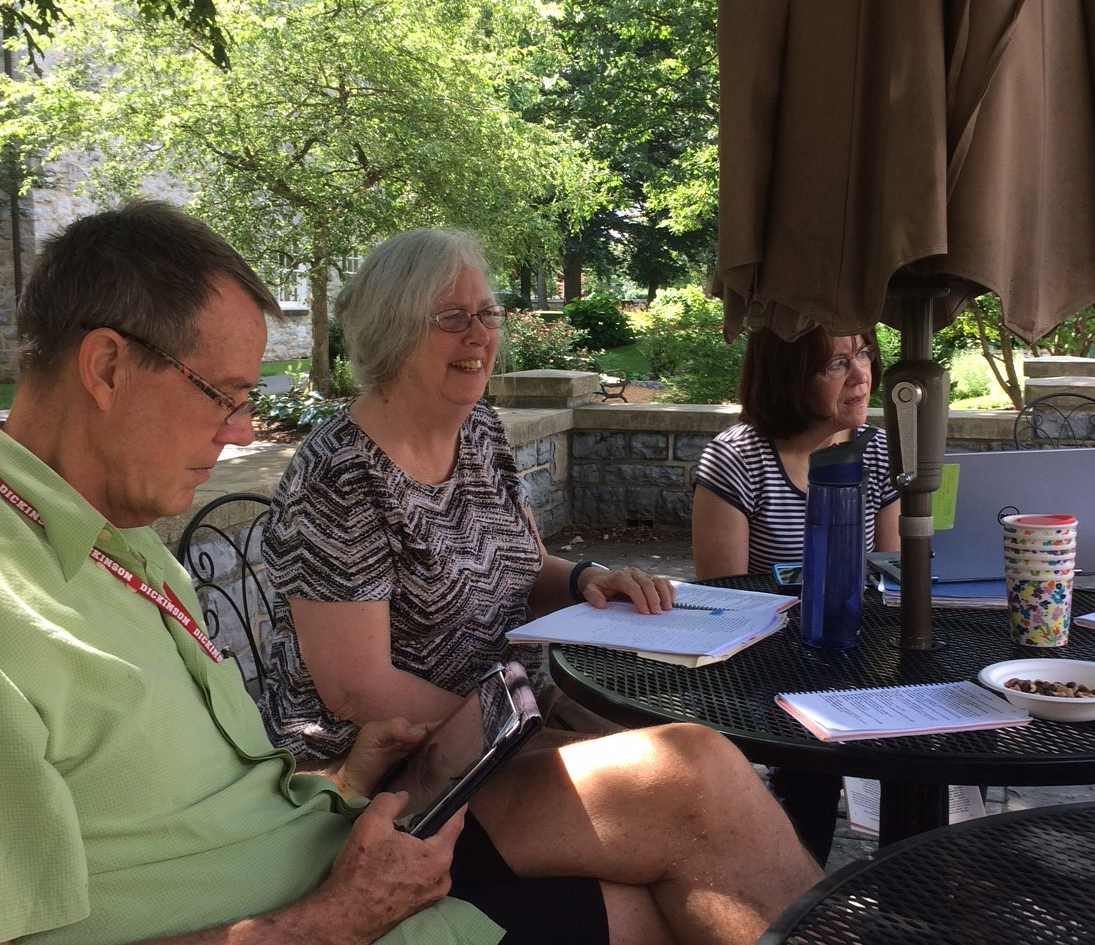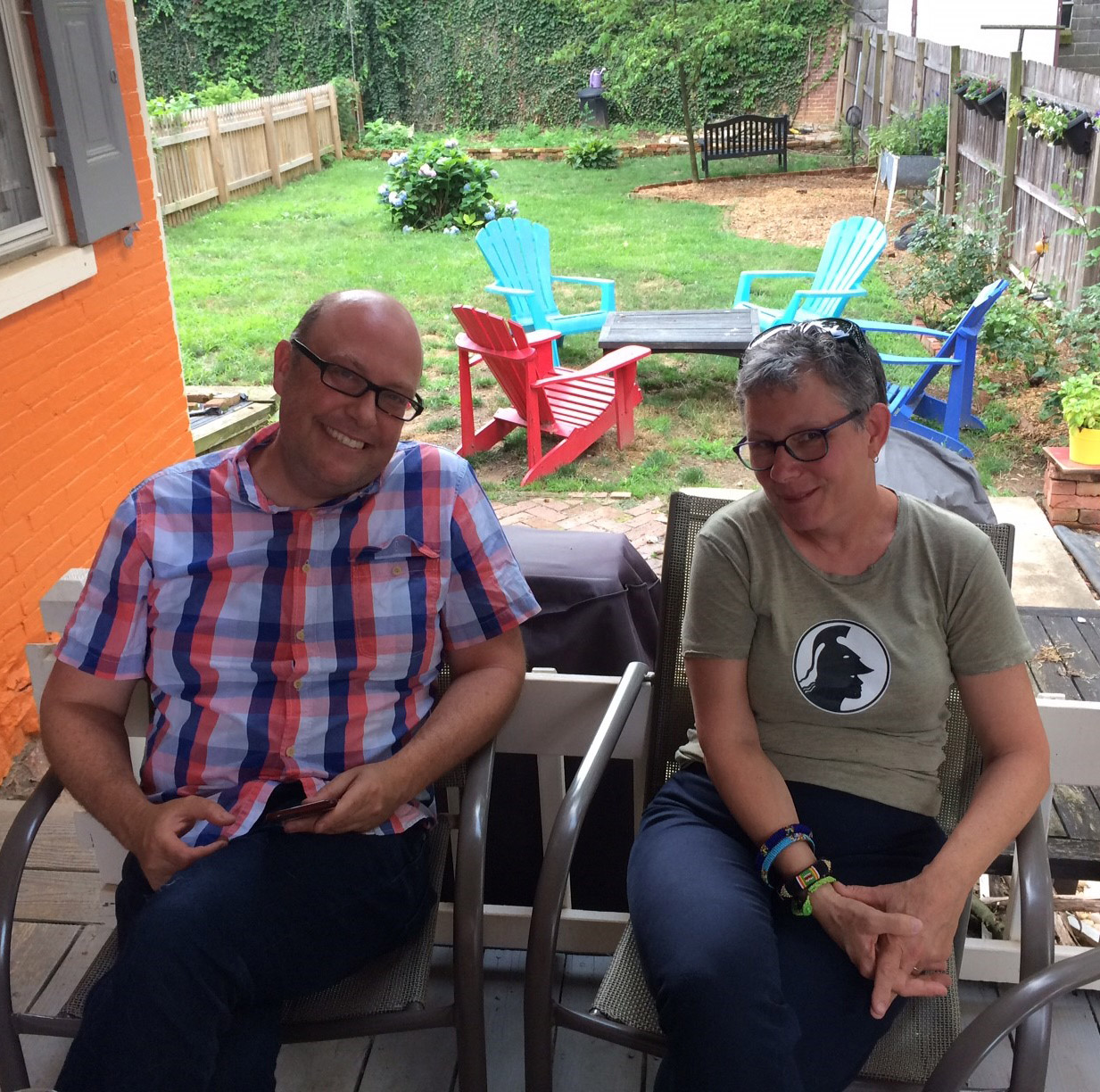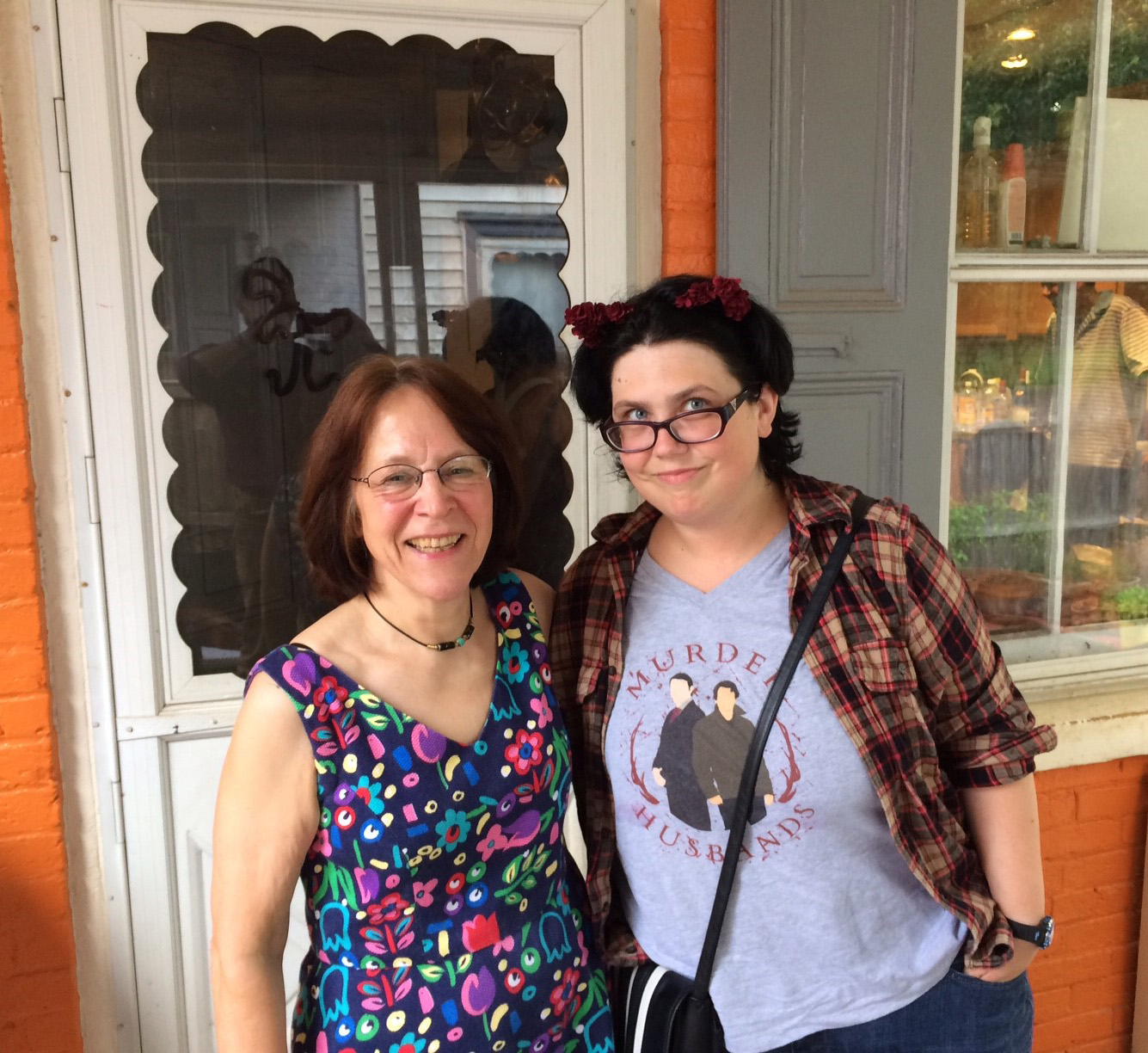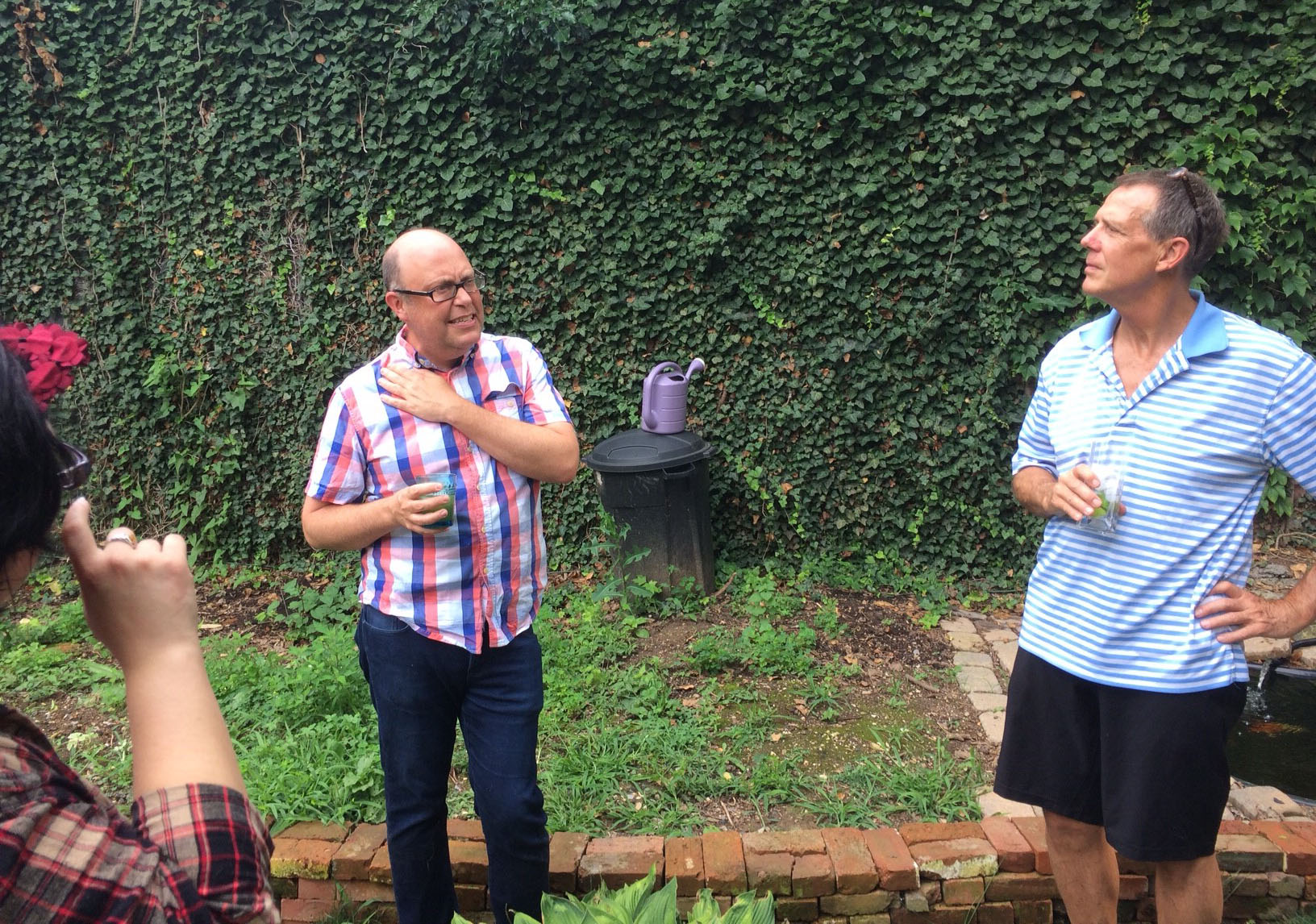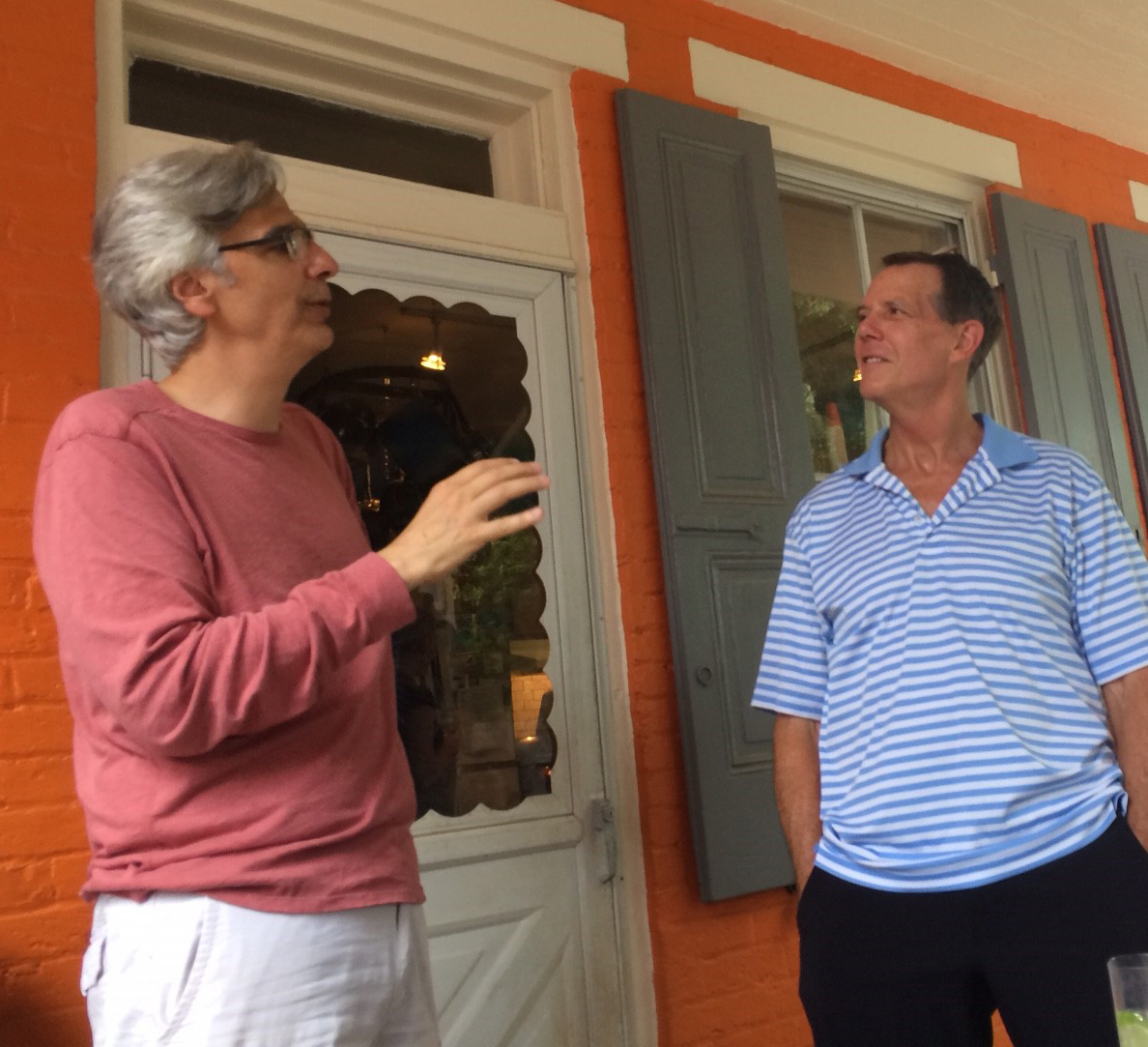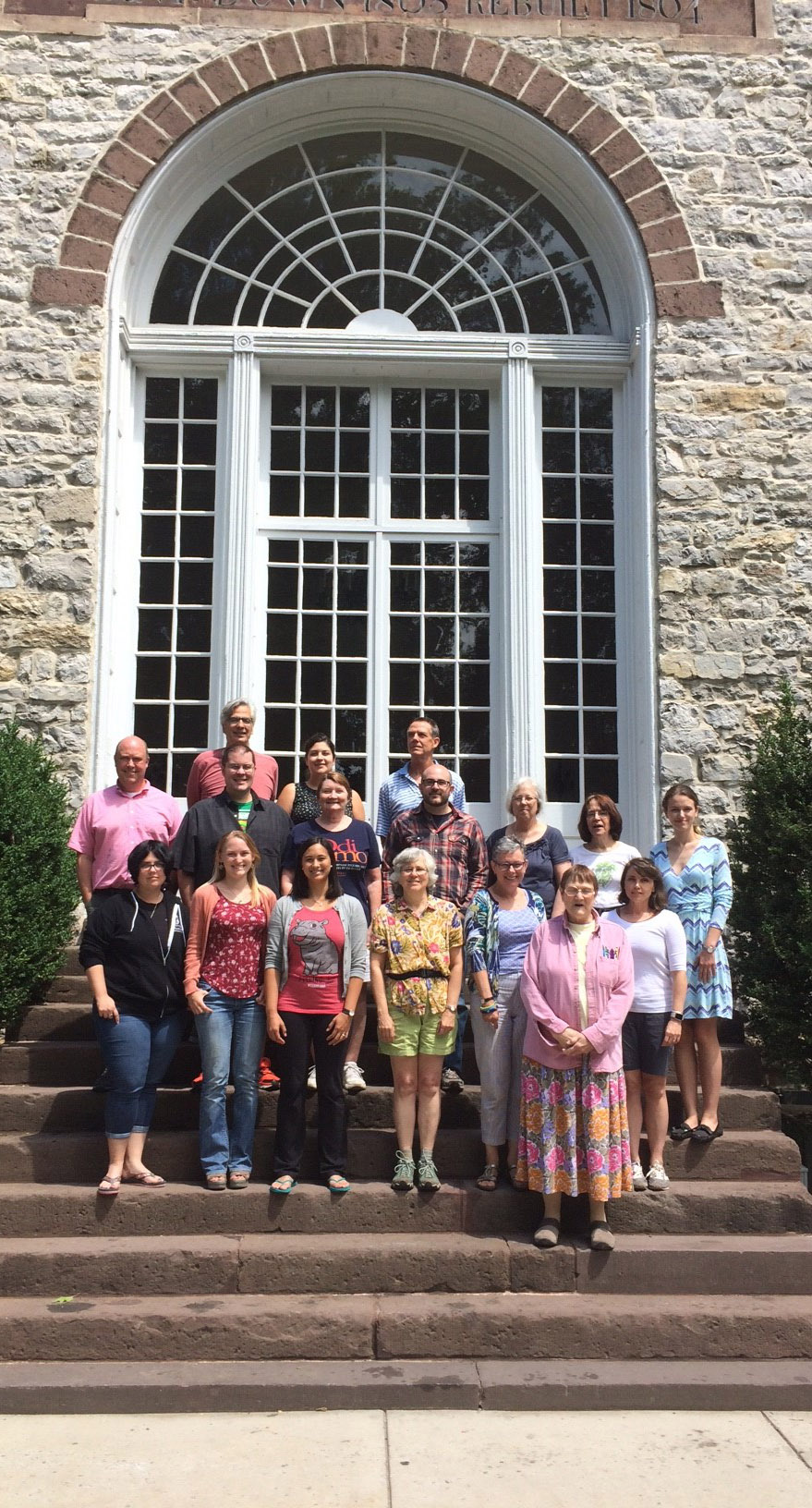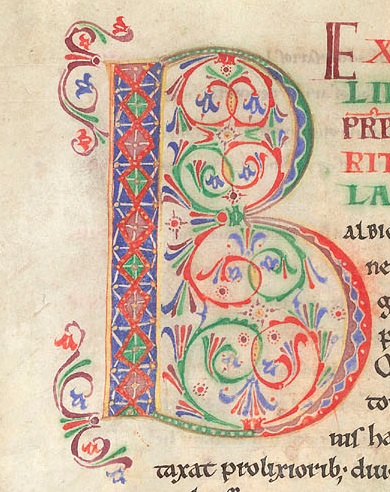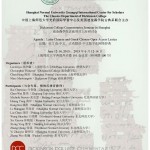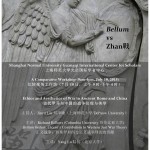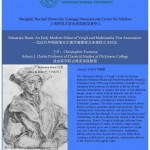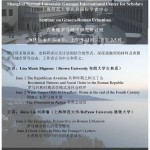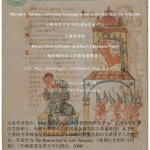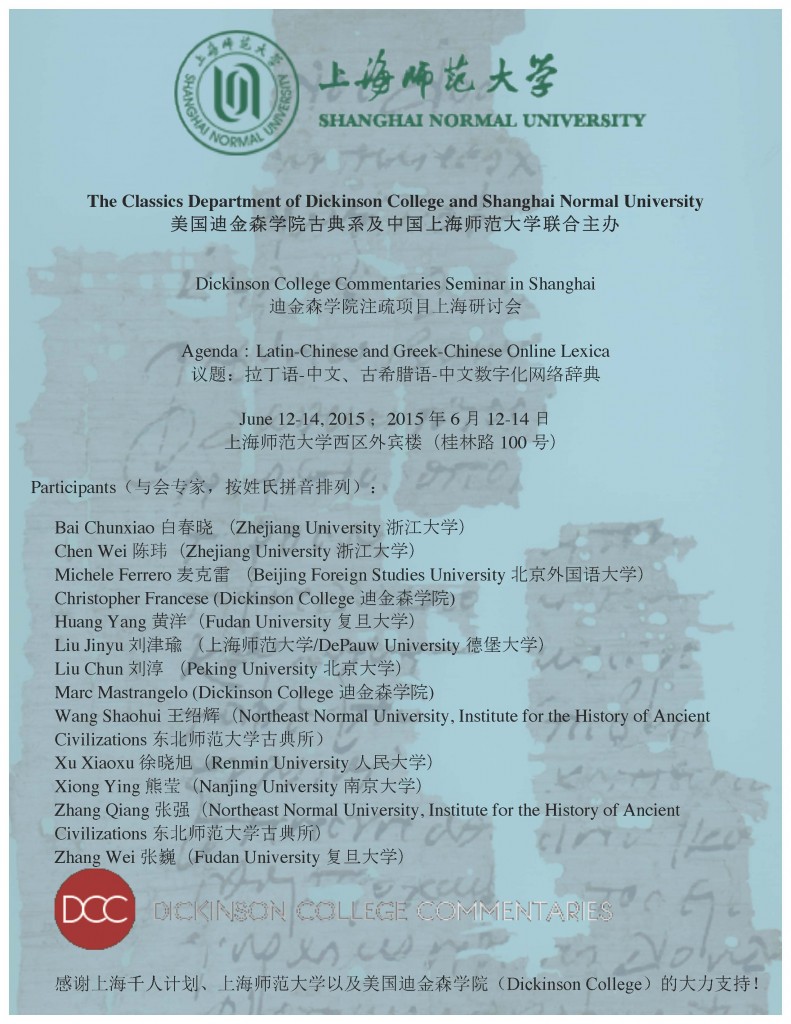Dickinson Latin Workshop: Martial, Epigrams
July 12–18, 2019
The Dickinson Workshops are mainly intended for teachers of Latin, to refresh the mind through study of an extended text, and to share experiences and ideas. Sometimes those who are not currently engaged in teaching have participated as well, including students, retired teachers, and those working towards teacher certification.
The text for 2019 will be selections from Martial’s Epigrams. M. Valerius Martialis was born around AD 40 in Bilbilis, Spain. He came to Rome in his twenties and gained fame as a writer of epigrams, which are short poems on various topics with some kind of punch-line, ironic observation, or mocking insult at the end. His collections of epigrams took shape gradually in the years 86 to around 102, and contain a varied mix of observations on daily life, the battle of the sexes, and the always fraught relationship between the rich and the not rich, between patrons and clients. In tone Martial’s epigrams range widely, from gentle humor to hair-raising obscenity, from rapturous praise to cruel mockery. He can also wax philosophical, or sentimentally commemorate the death of a six-year-old slave.
Moderators:
Bret Mulligan, Associate Professor of Classics, Haverford College
Christopher Francese, Asbury J. Clarke Professor of Classical Studies, Dickinson College
The participation fee for each participant will $400. The fee covers lodging, breakfast, lunch and dinner in the Dickinson cafeteria, the facilities fee, which allows access to the gym, fitness center, and the library, as well as wireless and wired internet access while on campus. The fee does not cover the costs of books or travel, or of dinners, which are typically eaten in the various restaurants in Carlisle. Please keep in mind that the participation fee, once it has been received by the seminar’s organizers, is not refundable. This is an administrative necessity.
Lodging: accommodations will be in a student residence hall near the site of the sessions. The building features suite-style configurations of two double rooms sharing a private bathroom, or one double and one single room sharing a private bathroom.
The first event will be an introductory dinner at 6:00 p.m., July 12. The final session ends at 5:00 p.m. on July 18, with dinner to follow. Sessions will meet from 1:30 p.m. to 5:00 p.m. each day, with the mornings left free for preparation.
Application deadline: May 1, 2019.
Fee deadline: June 1, 2019.
TO APPLY: please contact Mrs. Terri Blumenthal, blumentt@dickinson.edu by the application deadline. The fee is due in a check made out to Dickinson College, by the fee deadline.
For more information please contact Prof. Chris Francese (francese@dickinson.edu)
